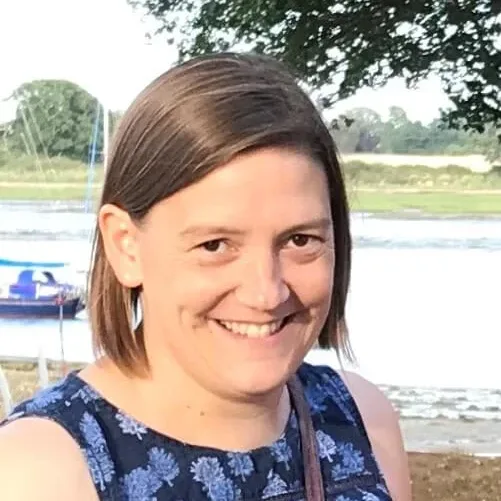Realising I Have ADHD During My PhD: A Hidden Battle
This article details the experience of a Professional Doctorate student (and full-time working parent) suddenly becoming aware that she has ADHD – being given a new, neurodivergent lens through which to see herself, and the additional challenges (and solutions) that it brings to a PhD journey. The article offers solutions for coping with a neurodivergent brain in a world generally designed for neurotypical ways of functioning.



